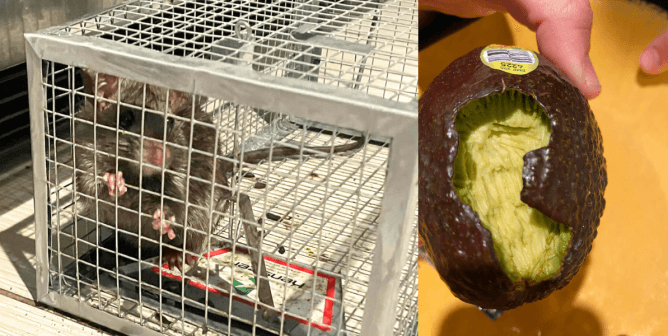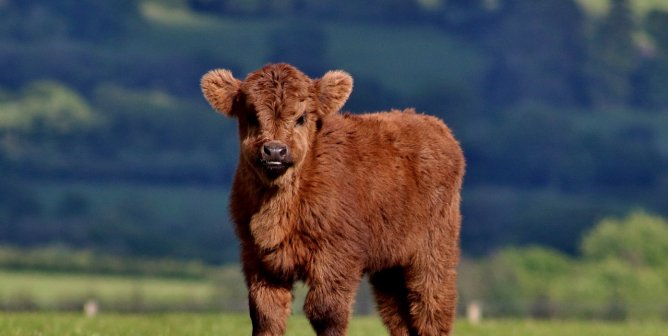One of the greatest challenges of gardening is keeping your plants safe from hungry animal neighbors while also supporting—not harming—those animals. Striking this balance is an important part of living in harmony with wildlife. You don’t need to use cruel methods that injure or kill garden visitors when there are plenty of ways to protect your garden and keep the insects who live there out of your home that don’t require that you harm any living, feeling beings. Pesticide-free gardening is great for the insects and mammals who call your yard their home, and it’s healthier for you, too.
These pesticide-free tips will help keep your garden safe from the following animals:
Ants
If ants are coming in from your yard through the cracks of doors and windows, pour a line of cream of tartar where they enter the house, and they won’t cross it. Cinnamon sticks, coffee grounds, chili pepper, paprika, cloves, or dried peppermint leaves near the openings will also repel ants. You can squeeze the juice of a lemon at the place of entry and leave the peel there or place cloves of garlic around indoor and outdoor ant pathways. Planting mint around the foundation of your house will also keep ants away.
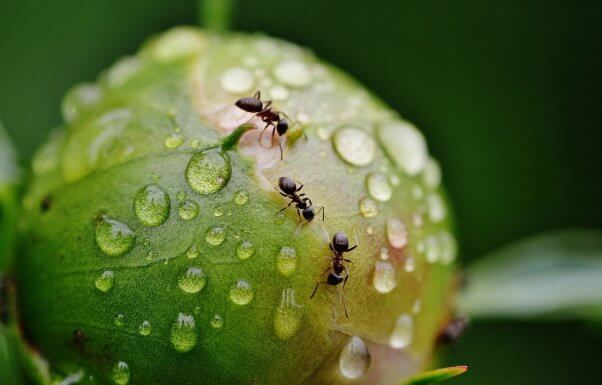
Aphids (Plant Lice)
Plant chives, marigolds, mint, basil, or cilantro, or place aluminum foil at the base of your plants. The foil reflects light onto the undersides of the leaves, which scares away aphids.
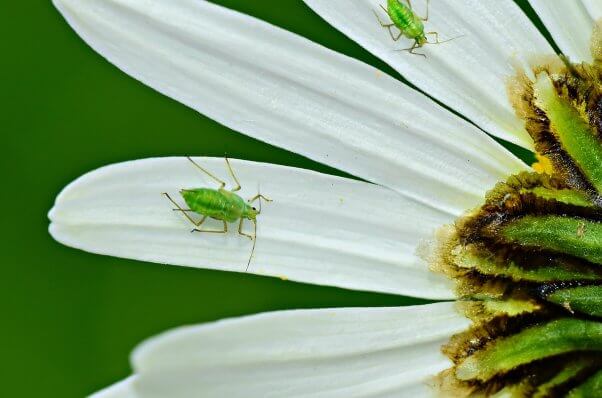
Cockroaches
To keep cockroaches from venturing inside your home, create sachets of catnip and place them around its perimeter. You can also place them inside if cockroaches have already found their way in. (Your cat will love it!) Cockroaches like high places, so put a few sachets on top of shelves and other elevated surfaces. Crushed bay leaves, cucumbers, and garlic can also help ward off cockroaches.
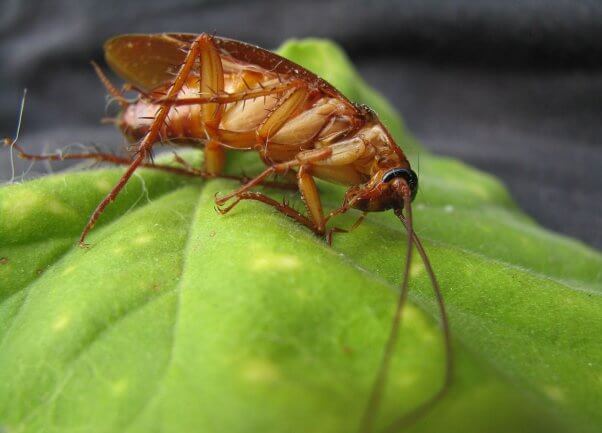
Codling Moths
Use cedar chips or a square of cheesecloth filled with lavender, chives, or garlic. You can also try adding cedar oil, rosemary, dried lemon peels, or rose petals.
Deer
Place some soap shavings or used cat litter along the ground to create a boundary between their grazing area and your garden. Try hanging a salt lick in their path to distract them from your plants.
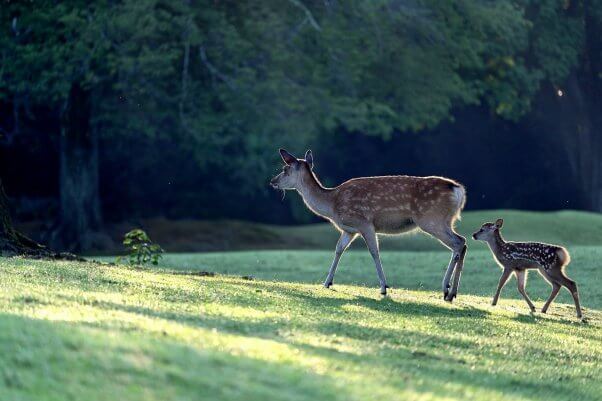
Fleas and Ticks
Plant mint, sweet woodruff, rosemary, or lavender. You can also try placing cedar chips in your garden. They smell great to you but not to fleas and ticks.
Grasshoppers
Simply spray garlic oil where you don’t want them, or plant calendula, horehound (a bitter herb), or cilantro.
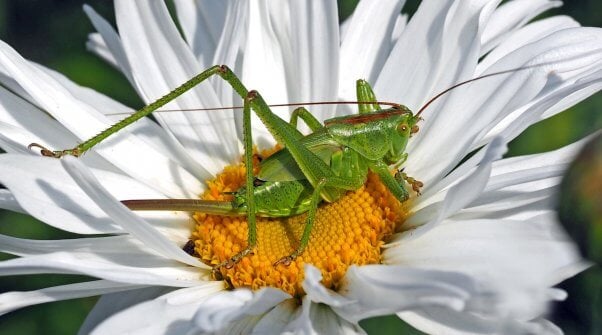
Japanese Beetles
Try planting chives, garlic, rue, or catnip.
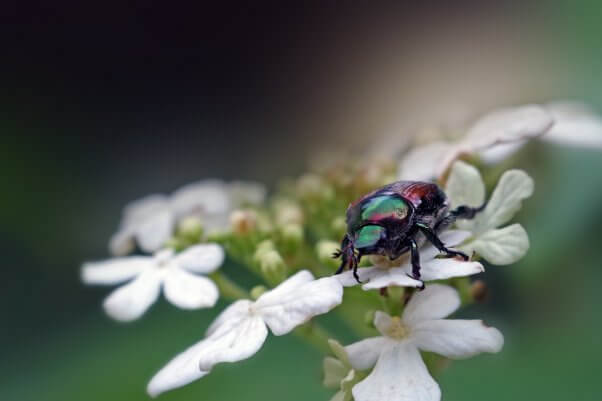
Mice
Use mint plants, especially peppermint. Mice really dislike peppermint, and they’ll avoid any areas where it grows.
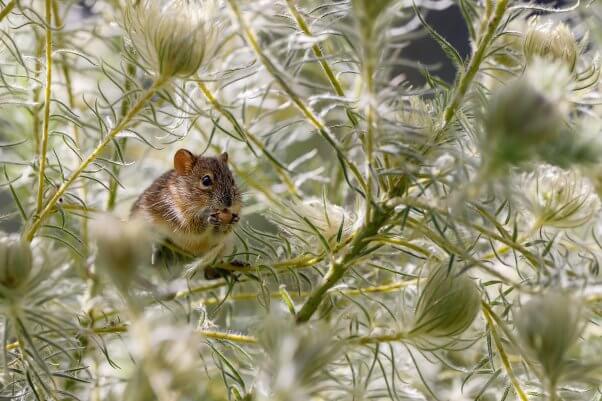
Mites
Try planting alder, coriander, or dill, and use rye mulch and wheat mulch.
Rabbits
Sprinkle chili pepper around your plants, and be sure to reapply it if it gets wet. You can even install oven racks around plants—rabbits tend to dislike their texture and the way they feel on their feet. Natural rabbit repellants include bellflowers, astilbes, asters, yarrows, cranesbills, hostas, lavender, sage, and other textured or thorny plants.
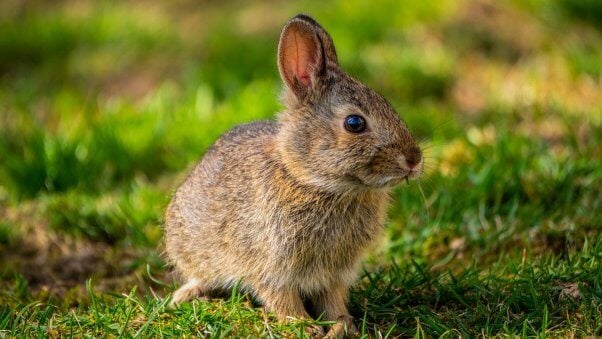
Slugs and Snails
Place mint, lemon balm, human hair from a hairbrush, pine needles, cosmos, sage, or parsley in your garden. Keep the edges of your garden clear, and look for places where slugs or snails may want to hide during the day. Focus on creating barriers around your garden beds, rather than relocation—your yard is inevitably a home for slugs and snails.
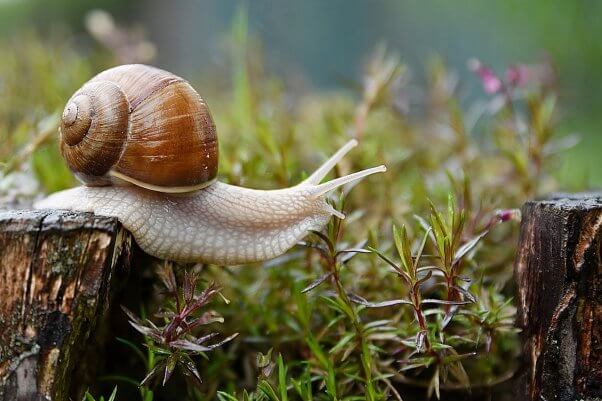
It’s best to introduce these deterrents by planting them directly whenever possible. However, if some plants aren’t available in your area, you can use essential oils. Marigolds—especially French marigolds—are easy to grow, are available in just about any climate, and attract many beneficial insects who will help protect your garden.
By making your yard and garden pesticide-free, you can help support your local ecosystems and sustain native species. Here are some other ways you can make your yard more wildlife-friendly:


